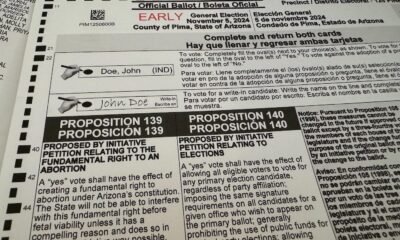General News
Carl Lewis Demands Overhaul After Men's 4×100 Relay Debacle: 'Blow Up the System'

“No athlete should step on the track and run another relay until this program is changed from top to bottom,” the two-time relay gold medalist wrote on social media.
PARIS, France — The men’s 4×100-meter relay for the United States took an unfortunate turn early in the race.
During the first exchange, Christian Coleman collided with Kenny Bednarek and awkwardly passed the baton. By the time Fred Kerley received the baton for the anchor leg, the U.S. team had fallen to seventh place.
Watching the event with clear frustration was Carl Lewis, a two-time Olympic gold medalist in the relay who has never held back his criticisms of the USA Track and Field (USATF) relay team.
“It is time to blow up the system,” Lewis declared on social media. “This continues to be completely unacceptable. It is clear that EVERYONE at USATF is more concerned with relationships than winning. No athlete should step on the track and run another relay until this program is changed from top to bottom.”
In an interview last week with The Associated Press, Lewis proposed that experts should develop a relay manual and distribute it to high school coaches throughout the country.
“The issue has always been politics, has always been drama, has always been deception,” Lewis said. “If they can eliminate those things, there’s no question they have the fastest team in the world.”
Some point to the lineup changes as a factor in the latest defeat. Noah Lyles, who anchored the U.S. to victory at last year’s world championships, was expected to do so again in Paris.
However, Fred Kerley took up the anchor leg, while Bednarek ran the second leg, leading to an exchange with Coleman.
A previous handoff in qualifying had already shown signs of trouble. Coleman handed the baton to Kerley with his right hand while grabbing Kerley’s arm with his left—an awkward but ultimately harmless exchange.
But this time, the sloppy exchange proved costly. The U.S. has struggled to secure medals in this event, with the only medal in recent times being a silver in 2012, later stripped due to doping.
“At the end of the day, we knew what we could do,” said Kyree King, who ran the third leg. “We came out here with the mindset of no risk, no reward, so we went out there and went big. It didn’t happen.”


















